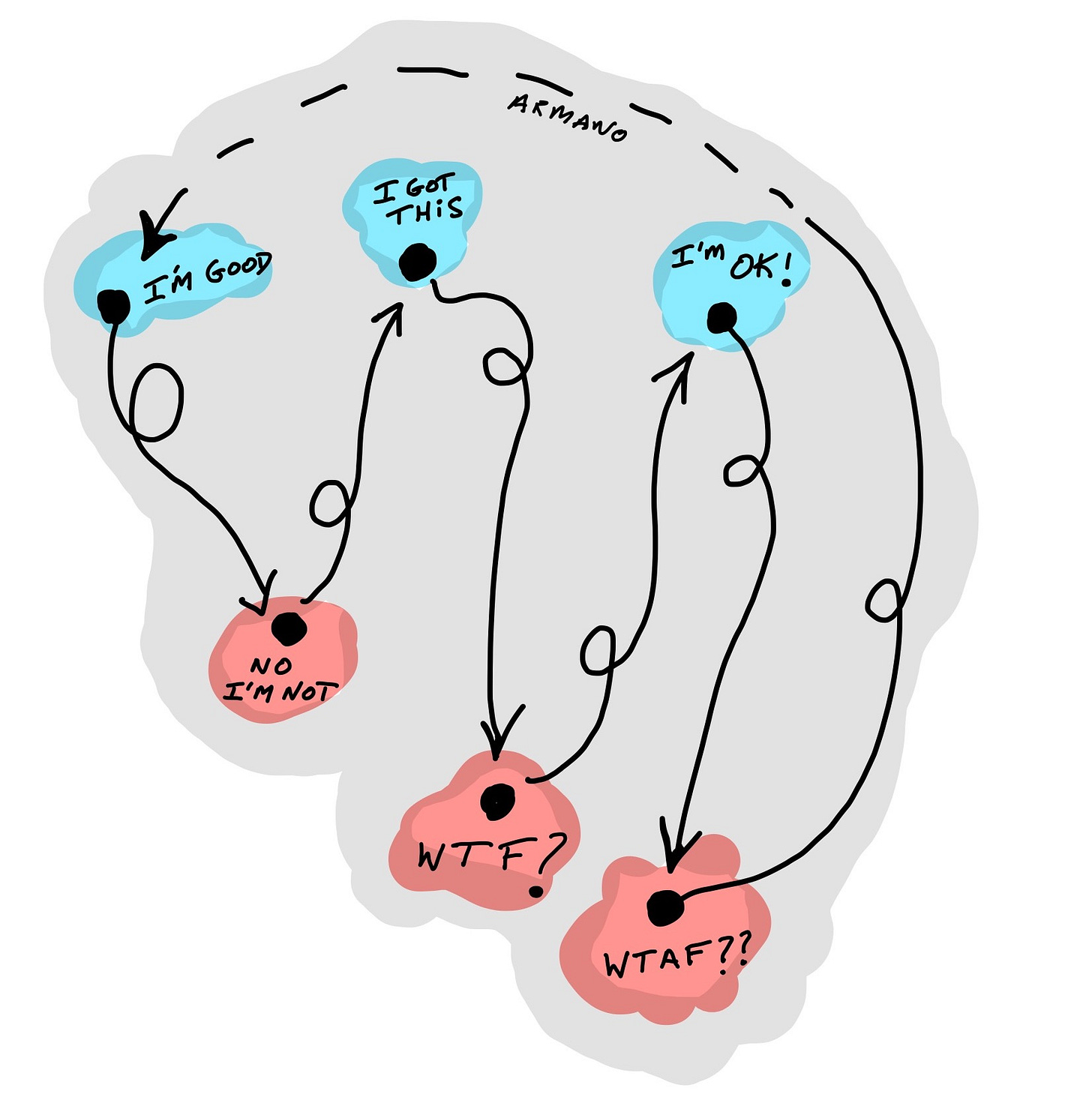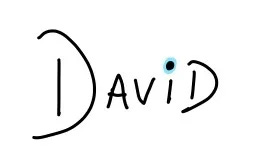“First, Congratulations! Also, I’m sorry...”
I often think of these words of wisdom said shortly after being laid off. I’ll get back to that in a moment, but first, allow me to paint a picture of that experience…
The pandemic was still just getting started; it was only month three into it, and layoffs and furloughs were in full swing. The climate was one of fear, with COVID-related deaths being reported globally, while here in the U.S., George Floyd and civil unrest were about to combust. I was 49 then, about to turn 50, with one son in college and another shortly behind him. On a beautiful Chicago spring morning in June, a friend called me and broke the news that I was one of over 600 people who would be impacted by a layoff related to a sudden drop in revenue associated with COVID-19. It felt like the absolute worst time to lose a job—just when the world seemed like it was falling apart, I lost the stability of a regular income and health benefits for my family. This brings me back to the aforementioned words of wisdom...
My peer explained that congratulations were in order because I had reached age 49 without being laid off in my long career. He expanded that this was rare and that I should feel good about it, whether through luck, ability, or a combination of the two. “OK,” I thought, that makes sense, and I took a moment to pat myself on the back. Now, “What are you sorry about?” Here, he explained that because I had never been laid off until almost 50, I hadn’t developed the muscle that comes with enduring a layoff.
He was right.
The rest of this open letter is dedicated to supporting anyone recently laid off (especially my former colleagues who were recently impacted before the holidays). I hope it helps you build or rebuild the muscle needed to navigate your career transition.
Somewhere Between OK and Not OK
Through first-hand experience and conversations with many professional friends and peers, I have found that the overarching theme that hovers above life after the layoff is the liminal nature of it all. I’ve described this during my first layoff experience as an “in-between” period. It is a time when we must create new structures and routines for ourselves; for many, it is when we must figure out how to replace lost income. For others, it can be a process toward building a business or new venture. Sometimes, it is a combination of all these things. For those seeking meaningful employment elsewhere, it can feel especially volatile. One good interview can make your day, and one rejection email can break it. One day, we may feel like everything will be OK, and another, we may feel as if our lives have been permanently thrown into a state of uncertainty. Existing in this liminal space requires stamina, self-control, patience, and a ton of giving grace to ourselves while extending grace to others as our direct messages, texts, emails, or calls may go unanswered. It is a time for being unmoored and, somehow, being at peace with it. It is the opposite of business as usual, and there are few straight paths to follow...
We have to get comfortable with being OK and not OK simultaneously, and that’s a foreign place unless we’re dealing with one of life’s hardships. But this is where we need to extend grace to ourselves. Some mental health professionals put getting laid off right up there with traumatic life events such as a divorce and the death of a loved one. I recently reached out to a former colleague who was laid off after 19 years with the company, and it hit me that this was the exact time frame I was married. During that marriage, we raised two children to the point where one had just started High school. Because layoffs have become so commonplace and cyclical in many industries, we may be tempted to view them as casual life events that we should power through. But this is something of an avoidance tactic. There’s indeed no upside to wallowing in negativity during times of crisis, but not embracing that you’re working through a situation can be equally detrimental to remaining resilient.
Over my break (soon to be ending), one of the best books I read on career development and transition is “From Strength to Strength.” This book explores late-stage career development and speaks directly to high performers who, toward the latter stages of their careers, try desperately to cling to the ways they have worked and the success they achieved earlier in their careers. For many high achievers, our careers become intertwined with our identities (see below for a personal reflection).
My Career No Longer Defines Me
I sometimes reflect on my professional life as BC and AC (before Covid and after Covid). “AC” kicked off by getting laid off from an enviable and high-paying corporate job. The layoff experience was a first for me after 25-plus years in the workplace with zero employment gaps.
The book's premise details how we develop new and different skills as we progress into our careers. If we lean into them vs. trying to replicate how we used to work, we’d be much better served for our benefit and that of our colleagues, mentors, and even new bosses. A fantastic example of someone who has leaned heavily into their new strengths is Rishad Tobaccowala, who recommended the book to me and has been generous with their time during key moments in my career development, including transition.
You can get a ton of advice on how to stay productive, remain positive, interview well, network, etc., and it’s good to be open to that advice and to take the time to digest what it means for you. There are lots of helpful tips and techniques we can implement. For example, during the first few weeks of my recent transition, I created a spreadsheet to help manage all the conversations I had and attempt to categorize and organize interactions. I also chose to prioritize only a couple of opportunities as opposed to over-indexing every potential opportunity I came across. There’s no shortage of helpful tactics to implement during a career transition. But I hope this open letter serves to do one thing: to reassure anyone who has recently experienced a layoff that it’s OK not to be OK and it’s normal for things to feel abnormal. Leaning into the space between OK and not OK is what we should do during intense moments of transition.
Somewhere in the space between the two is where we grow, which can feel like a platitude, and to an extent, it is (apologies). It’s also a choice we must make because there are many good reasons NOT to grow during discomfort, uncertainty, and difficulty. Growth during challenging times is like a gift; we must accept it with gratitude or reject it for something else. I think accepting the gift of growth enriches our careers at any stage.
Visually yours,









I think this is the, third? Fourth? Time 'round for me. And I fully admit I was a party to my own demise a few of those times. This time; I'm still trying to figure that one out. I fear, though, the upheaval in the world economy, upheaval in the nature of work (hello...AI), and how many people seem to be looking right now (confirmation bias?), is making this time worst it feels. It seems that in just 4 short years the entire process of looking for work the "traditional way" (applying to ads) has been turned on its head.
But, perspective is everything. And tomorrow is another day.
Will be sharing this post frequently. Also, @rishad is the best.